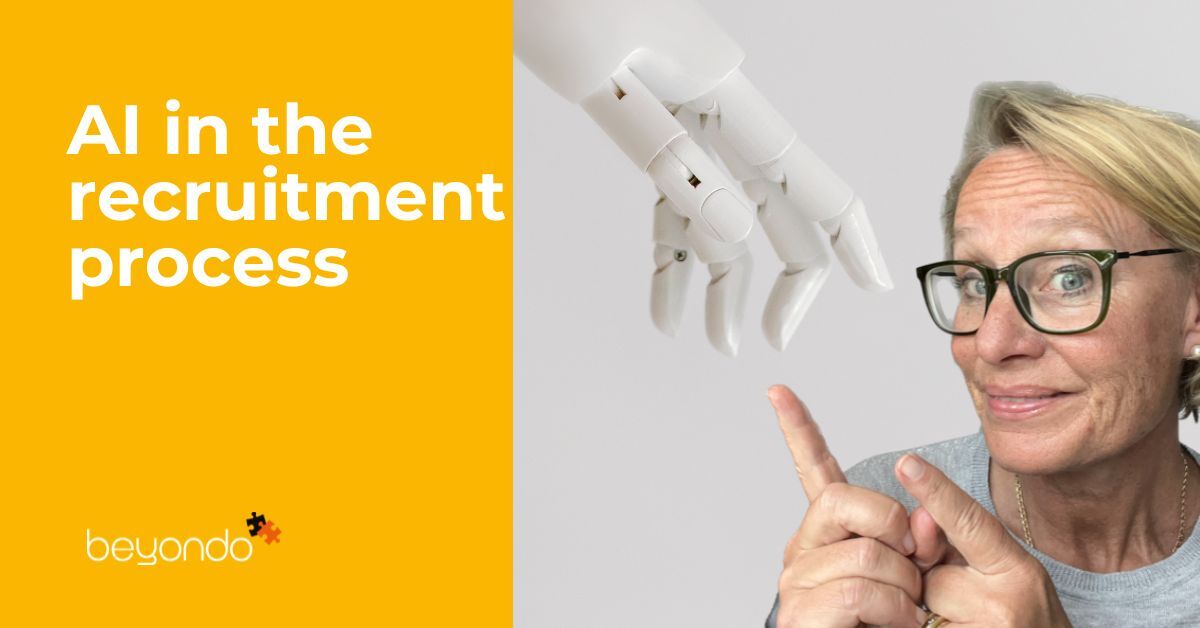How can the job seeker and the hiring manager prepare for a successful recruitment process? How do you manage the expectations and what questions shall the hiring manager ask and on what topics can the job seeker prepare themselves the best? What skills are wanted for now and in the future and how does one highlight these in a job interview?
Here we are sharing some tips for the job seeker as well as the hiring manager, in how you can prepare the best for an interview process.
For job seekers:
What do you need to think of to prepare yourself for a recruitment process and a potential interview?
The CV is important, however be aware of that titles and how long you have worked somewhere might not be as important in the future. All your relevant experience should of course be listed on the resume but think through of the following when creating your resume and preparing for an interview:
- what have you learned in the different jobs
- what have you achieved so far
- what are you proud of
How will you be able to explain what value you can bring to a new employer. Also, once you enter the interview, make sure you ‘know your story’, prepare for the interview! That you will be able to answer all the questions regarding the content on your resume and show that you have self awareness. That shows that you can translate and relate your experience to what knowledge you have and what a potential employer can gain from it.
Also, show ADJUSTABILITY! We are living in a world with constant changes. The job you are interviewing for today, can easily be of a different character and tasks in a few months. How can you describe for a future employer that you CAN adjust to a new situation? Make sure you have cracked this nut before going in to an interview!
An employer wishes to know how you can adjust to new requirements, to new circumstances, to a change and how you can adapt to learn new things. Here it could be interesting to look at (for yourself) HOW do you learn? What is your ability to grasp new things?
An employer would also think it is important to take someone onboard that is able to cooperate and work in a team. How are you as a team member? How do you work with people? And how do people work the best with you? What kind of teamwork do you prefer? What suits your personality?
Are you introvert? Do not worry, this does not necessarily mean that you are not a good team member. Here you can think of highlighting WHAT your strength is that might compensate for the introvert. And, being extrovert, does not automatically mean you ARE a team worker!
Are you a hiring manager looking for new talents? How can you structure the interview and how you look at a resume, in order to future proof potentials?
You will of course have certain criteria’s that you will seek in a new employee. It is important to define the ‘must haves’. For example, you could probably not hire someone for an accounting role, if a person has never worked with bookkeeping before… (speaks for itself). But, perhaps, a person who has studied accountancy, but have tried a different patch work-wise, might still be an interesting candidate for the role you are about to fill.
Try to the following and formulate your questions to find the answers:
- what are the skills we need now
- what are the skills we need tomorrow
- what skills can we teach someone, what can we NOT teach
- what does our company and team need?
- what competencies and skills do the organisation need? Soft, hard skills. On which can you make a concession?
- is it possible to look at alternative branches or educations, skills?
Check the adjustability! Does a new employee WANT to work in an organisation that is in constant changing? What is the resilience of the candidate? How to check this?
Dare to challenge and ask questions on:
‘what have you brought to the table that can be beneficial in this role, today and in the future?’, ‘what have you achieved?’.
The pitfall is always that you find a person likable and ‘the same as you’ and therefore think it is a fit. You can always use the STAR methodology when interviewing a candidate to identify someone’s competences.
A good thing is to start the meeting by saying what you wish to gain from the meeting and what you wish to check.
With a good preparation for the interview, you do come a long way.
What could you as a candidate prepare on?
- why are you good on teamwork. How do you do ‘teamwork’
- know ‘yourself’, have self-awareness on important topics (ask a ex-colleague or someone that is close to you for feedback, if you struggle to find the answers yourself)
- what is your willingness and ability to learn new things? Answers could be like: I like reading books, I listen to podcast X for example.
For the hiring manager it is important to:
- ask for examples
- ask questions on ‘what are you good at’. What do you wish to do and why? Give examples.
- Try to create an environment where you gain trust during the meeting.
And remember, think ‘competence’ and that someone has 10 years of experience of something, does not show HOW good someone is. It shows ‘how long’ but not ‘how good’! Try to find the ‘what can you do’ and create a conversation around that topic!
Good luck!


